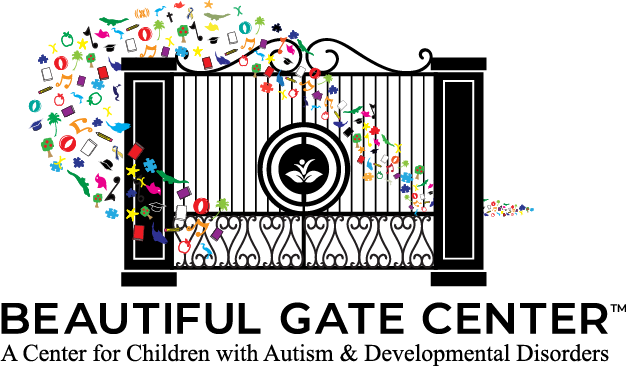Speech Therapy
Credentials
Who can practice Speech–Language Pathology?
Speech-Language Pathologist (CCC–SLP)
A CCC–SLP is a person who has attained a Master’s or Doctorate level degree in an accredited speech-language pathology or communication sciences and disorders program, completed the required supervised clinical practicum fieldwork, passed the National SLP Praxis examination and completed a clinical fellowship. The American Speech Hearing Association (ASHA) issues the certification when requirements have been met.
The Certificate of Clinical Competence (CCC) is a nationally recognized professional credential with rigorous academic and professional requirements. Certificate holders must complete continuing education requirements, abide by ASHA ethics, pay annual dues. SLPs in the state of South Carolina must also obtain licensure from the state, and meet ongoing requirements for license renewal.
Clinical Fellowship (CF)
An SLP CF is a mentored professional that has completed their SLP academic coursework and clinical practicum requirements, and graduated with a master’s degree. However, an SLP–CF is not an independent practitioner and has not yet earned a Certificate of Clinical Competence (CCC). Most SLP–CF practitioners will complete their Clinical Fellowship experience within 9 months in one location with one mentor in a full-time setting.
Certified Speech–Language Pathology Assistant (C-SLPA)
A Certified Speech–Language Pathologist Assistant (C–SLPA) is a person who complete an approved course of academic study, complete fieldwork with an ASHA–certified SLP, demonstrate competency of skills required of a C–SLPA, and pass the national examination created by ASHA.
A C–SLPA is not an independent practitioner and has not earned a certificate of clinical competence (CCC). They must work under the supervision of an SLP, assisting the SLP to provide speech, language, and hearing services which do not require clinical interpretation or assessment. SLPAs may not tabulate or interpret results and observations of feeding and swallowing evaluations performed by SLPs, nor design or select augmentative and alternative communication systems or devices.
SLP Assistants who are certified by ASHA must complete continuing education requirements, abide by ASHA ethics, and pay annual dues. SLP-As in the state of South Carolina must obtain licensure, and meet ongoing requirements for license renewal.
Questions or Concerns You May Have
Speech-language pathologists (SLPs) work with people of all ages who have difficulty with communication. Working with children at an early age, is most recommended for an overall improved quality of life. This includes difficulty pronouncing words, understanding others, knowing what words to use, or thinking/remembering as well as helping individuals with feeding and swallowing disorders learn to expand the types and textures of the foods/drinks they are able to accept and safely swallow.
Individuals who have trouble interacting with others and understanding social cues often benefit from speech therapy services.
Speech-language pathologists are trained and credentialed to work cooperatively with other professionals (e.g. special education teachers, behavior analysts, physical therapists, occupational therapists) in order to maximize each child’s progress toward safe and efficient feeding/swallowing and to develop a functional communication system in a variety of settings.
Parents and caregivers are encouraged to speak with the speech-language pathologist (SLP) about any concerns, or questions they have about their child’s communication and feeding/swallowing skills. SLPs are always interested in talking about changes observed at home, progress in therapy, collaborating with educators, or suggestions for generalization of skills in the home and community.
Before scheduling your child’s initial Evaluation for Speech Therapy Services, families will need to obtain a written referral from their pediatrician and have it faxed in advance to our office for Insurance and State Medicaid billing purposes.
Children and adults with communication challenges, or who have difficulty with feeding and/or swallowing will often benefit from the services of a speech–language pathologist (SLP). A diagnostic plan and comprehensive evaluation is performed to determine goals and objectives unique to each child.
Some of areas of diagnostic plan might include, but are not limited to:
- Assessment of oral–motor skills and assessment of oral anatomy and physiology
- Hearing screening
- Verbal and written expression
- Written and verbal comprehension
- Auditory processing skills
- Functional communication abilities
- Voice and resonance
- Fluency/stuttering
- Articulation and phonology
- Attention and memory abilities
- Problem solving, reasoning, and organizational skills
- Reading, spelling, and literacy skills
- Feeding and swallowing ability
- Alternative and augmentative communication needs
- and more….
Speech therapy interventions address functional communication using positive reinforcement, evidence–based practices, and a team–based, family-centered approach. Parents and caregivers play an important role on the team that works cooperatively with the individual and therapist.
